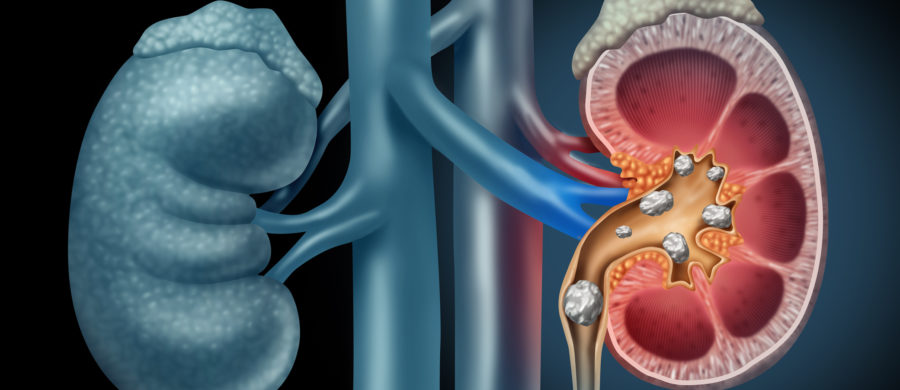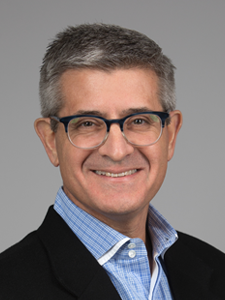Kidney stones are painful. As I walk through medical emergency departments, it is often quite evident who is trying to pass a stone.
Kidney stones are also quite common, affecting 1 in 10 Americans. To make matters worse, up to 50 percent will have another stone within ten years. I find that after my patients make it through a stone episode, their first question in my urology clinic is, “How can I make sure this never happens again?”
While it is impossible to prevent a patient from making another stone, some strategies reduce the risk. However, prevention is not a one-size-fits-all strategy, and following up with a urologist for a thorough evaluation is critical.
After a kidney stone episode, the follow-up visit starts with obtaining a detailed medical and dietary history for the patient in my clinic. If they could catch the stone, I sent it to a lab to determine the type. This information helps guide prevention and dietary recommendations. I also take urine and blood tests to provide additional clues as to why the stone formed. If this was not the first stone or a strong family history of stones, I ask the patient to complete a 24-hour urine collection test.
Tips: Preventing Kidney Stones
- Hydrate, hydrate, hydrate
The most important recommendation to prevent another kidney stone is to drink more water. Every stone former should drink enough water to produce at least 2.5 liters (83 ounces) of urine per day. Research shows that for every 200 mL (6.7 ounces) consumed, the risk of stone disease decreases by 13%. If you are not the type of person who wants to measure your urine output daily, a simple rule of thumb is that you are drinking enough if your urine is clear to very pale yellow. If it is dark yellow, you need to increase fluids. - Modify Your Diet
While it is true that most kidney stones contain calcium, the problem is rarely caused by calcium in your diet. In other words, avoiding milk and cheese is not the answer. Instead, it is more important to reduce salt. American Urological Association guidelines recommend a low sodium diet of 2000-3000 mg and a moderate calcium intake of 1000-1200 mg daily. Controlling oxalate in your diet is also essential. Your physician can supply you with a list of oxalate-rich foods, but some examples are leafy vegetables such as spinach, tea, chocolate, and nuts. If you do eat a lot of oxalate-rich foods, add cheese. The oxalate and calcium bind within your intestines to prevent absorption and block those molecules from entering the kidney. Citrate also helps to prevent stone formation. A diet rich in fruits and vegetables and adding fresh lemon can add considerable citrate to urine chemistry. Adding fresh lemon to your drinking water will increase your citrate intake. A final recommendation is to reduce the intake of animal protein. Uric acid in meat is a crucial contributor to uric acid stones, which are prevalent. A good rule of thumb is to make at least one meal a day vegetarian.
In summary, the most crucial dietary modification to prevent kidney stones is to drink more water. Become the person who carries around a water bottle everywhere you go. Second, eat a balanced diet with lots of fruit and vegetables to increase your citrate levels. Third, reduce your consumption of animal protein. Finally, don’t avoid dairy or other calcium-containing foods as it is essential to have in your system to maintain bone health.
No one wants to have kidney stones, and anyone who has had one in the past certainly wants to avoid another one. By following these recommendations and seeing a urologist when appropriate, we hope to keep you from a visit to the emergency room.
Resources
- Kidney Stone: Causes, Treatment, and Prevention – KidneyFund.org
- 6 Easy Ways to Prevent Kidney Stones – National Kidney Foundation
- Kidney Stone Diet Plan & Prevention – National Kidney Foundation
About Stephen Siegel, MD
Urology at Boulder Medical Center
Dr. Stephen Siegel is a board-certified urologist who addresses the full spectrum of adult care. Some of the services he provides:
- Minimally invasive kidney stone surgery
- Prostate cancer diagnosis and treatment
- Minimally invasive and in-office treatments for enlarged prostate (BPH) — UroLift and Rezum
- No-needle, no-scalpel vasectomy
- Stress urinary incontinence treatment


